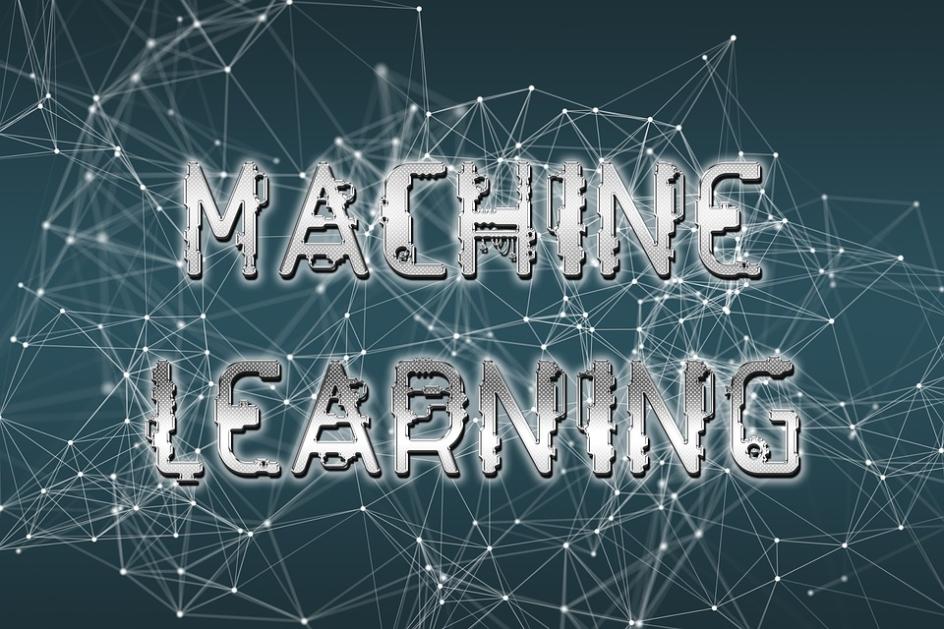The Ethical Implications of AI and Machine Learning in Warfare
As Artificial Intelligence (AI) and Machine Learning (ML) technologies continue to advance, their applications in modern warfare are rapidly expanding. From autonomous weapons systems to data analysis and predictive modeling, AI and ML are transforming the nature of warfare and raising profound ethical questions.

This article aims to explore the ethical implications of using AI and ML in warfare, examining the key ethical dilemmas and challenges that arise from the deployment of these technologies in military operations.
Ethical Implications Of AI And ML In Warfare:
A. Autonomy And Responsibility:
- Ethical Dilemma of Autonomous Weapons Systems (AWS): The use of AWS, which can select and engage targets without human intervention, raises concerns about the lack of human control over life-or-death decisions.
- Consequences of AWS Decisions: The potential consequences of AWS making autonomous decisions without human oversight include increased civilian casualties, unintended escalation of conflicts, and the erosion of human judgment in warfare.
- Challenges in Assigning Responsibility: Determining responsibility for actions taken by AWS is complex, as it involves issues of accountability, liability, and the blurred lines between human and machine decision-making.
B. Bias And Discrimination:
- Risk of Bias in AI and ML Algorithms: AI and ML algorithms used in warfare are susceptible to bias and discrimination, which can lead to unfair targeting, collateral damage, and discrimination against certain groups.
- Unfair Targeting and Collateral Damage: Biased algorithms can result in unfair targeting of certain populations, leading to increased civilian casualties and collateral damage.
- Importance of Addressing Bias: Addressing bias in AI and ML systems is crucial to ensure ethical decision-making, prevent discrimination, and promote fairness in warfare.
C. Human Dignity And Values:
- Impact on Human Dignity: The use of AI and ML in warfare can dehumanize warfare and erode the value of human life, reducing combatants and civilians to mere data points.
- Manipulation and Control: AI and ML technologies can be used to manipulate or control human behavior in warfare, raising concerns about the erosion of free will and autonomy.
- Ethical Implications of Psychological Warfare: The use of AI and ML for psychological warfare, such as targeted propaganda and misinformation campaigns, raises ethical questions about the manipulation of human emotions and perceptions.
D. Transparency And Accountability:
- Need for Transparency: The development and use of AI and ML in warfare should be transparent to ensure public oversight and accountability.
- Public Oversight and Regulation: Public oversight and regulation are essential to ensure responsible and ethical use of AI and ML in warfare, preventing abuses and safeguarding human rights.
- Challenges in Implementing Transparency and Accountability: Implementing transparency and accountability measures in the context of national security and military operations can be challenging, requiring careful balancing of security concerns with the need for public oversight.
Balancing Ethical Concerns With Military Necessity:
The use of AI and ML in warfare presents a complex tension between ethical concerns and military necessity. While AI and ML offer potential benefits such as increased efficiency, accuracy, and risk reduction, they also raise significant ethical challenges that must be carefully considered.
Arguments in favor of using AI and ML in warfare often focus on the potential to reduce civilian casualties, improve targeting accuracy, and enhance situational awareness for military personnel. However, these arguments must be weighed against the ethical concerns discussed above, ensuring that military necessity does not override fundamental ethical principles.

The ethical implications of using AI and ML in warfare are profound and require careful consideration and ethical guidelines. The development and use of these technologies must be guided by a commitment to human dignity, transparency, accountability, and the responsible use of AI and ML in military operations.
Addressing the ethical challenges associated with AI and ML in warfare requires a multidisciplinary approach involving policymakers, military leaders, ethicists, and technologists. By engaging in thoughtful dialogue and developing ethical frameworks, we can strive to ensure that the use of AI and ML in warfare is guided by ethical principles and safeguards human rights and dignity.
YesNo

Leave a Reply